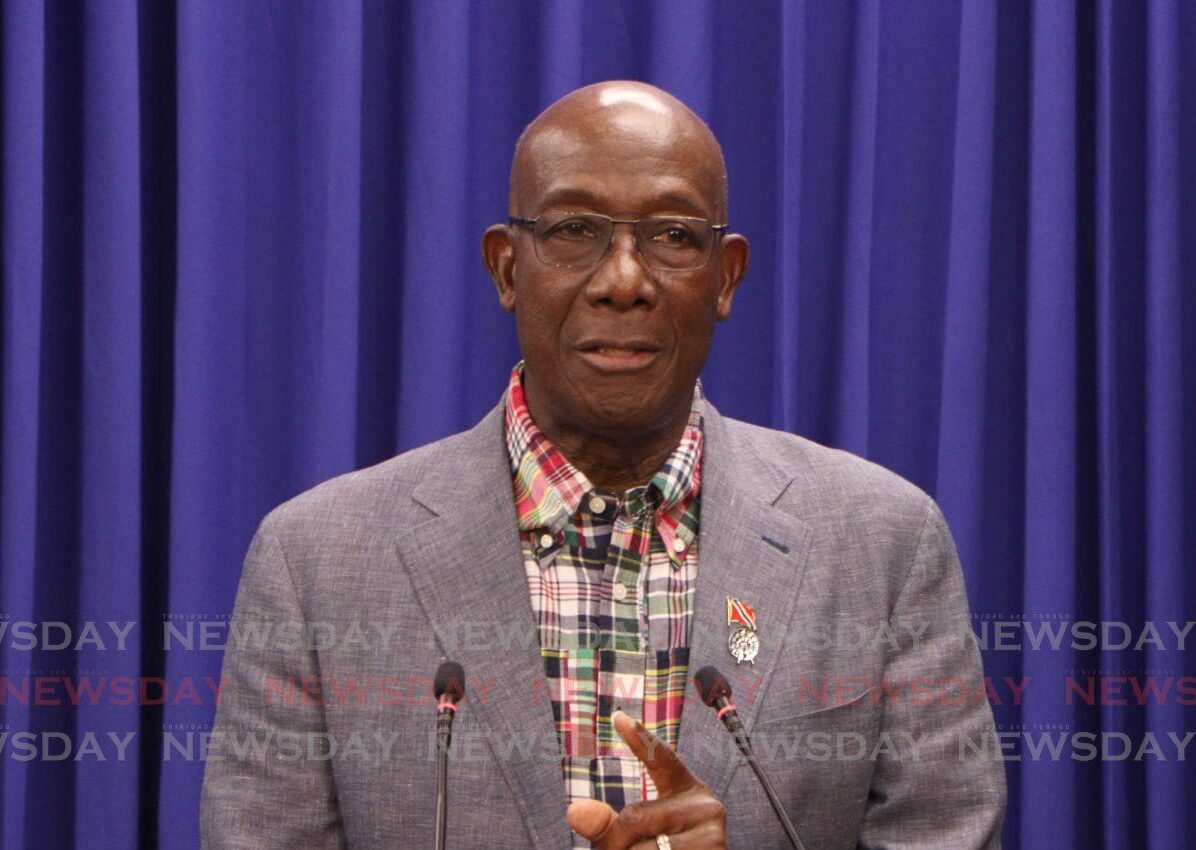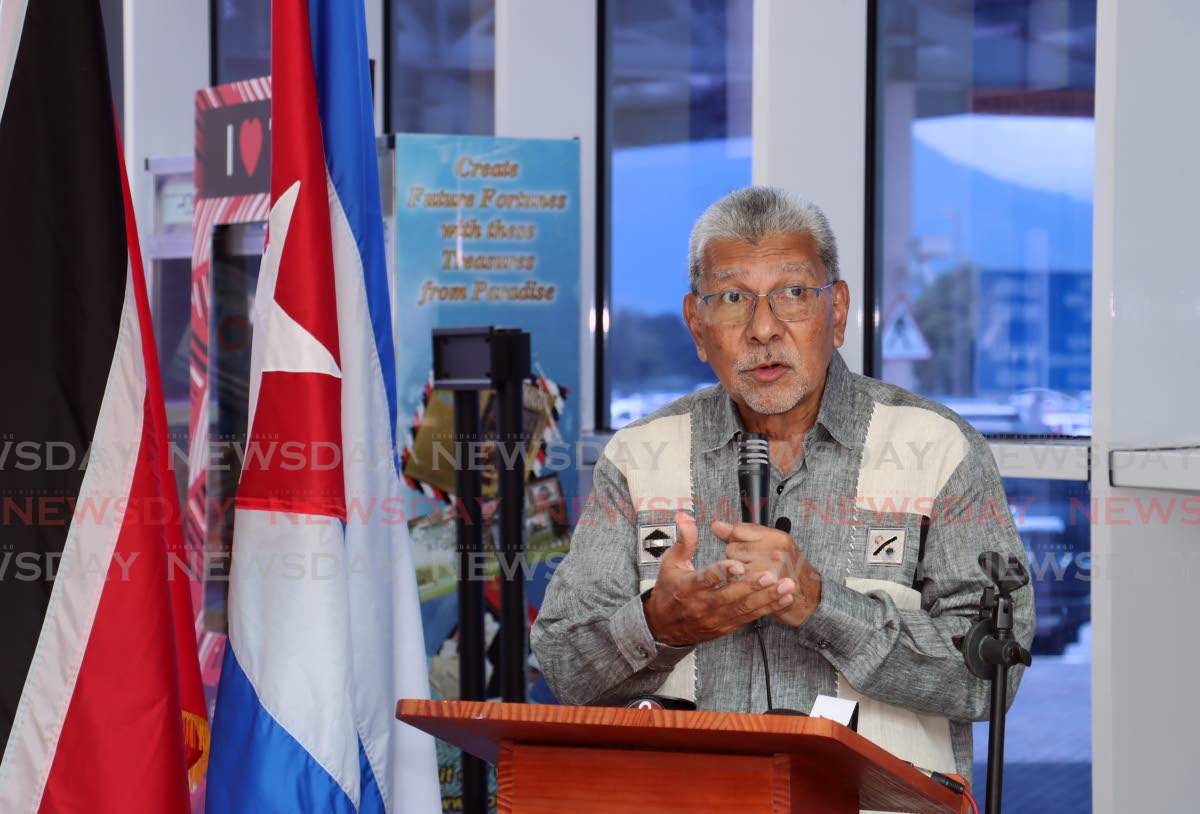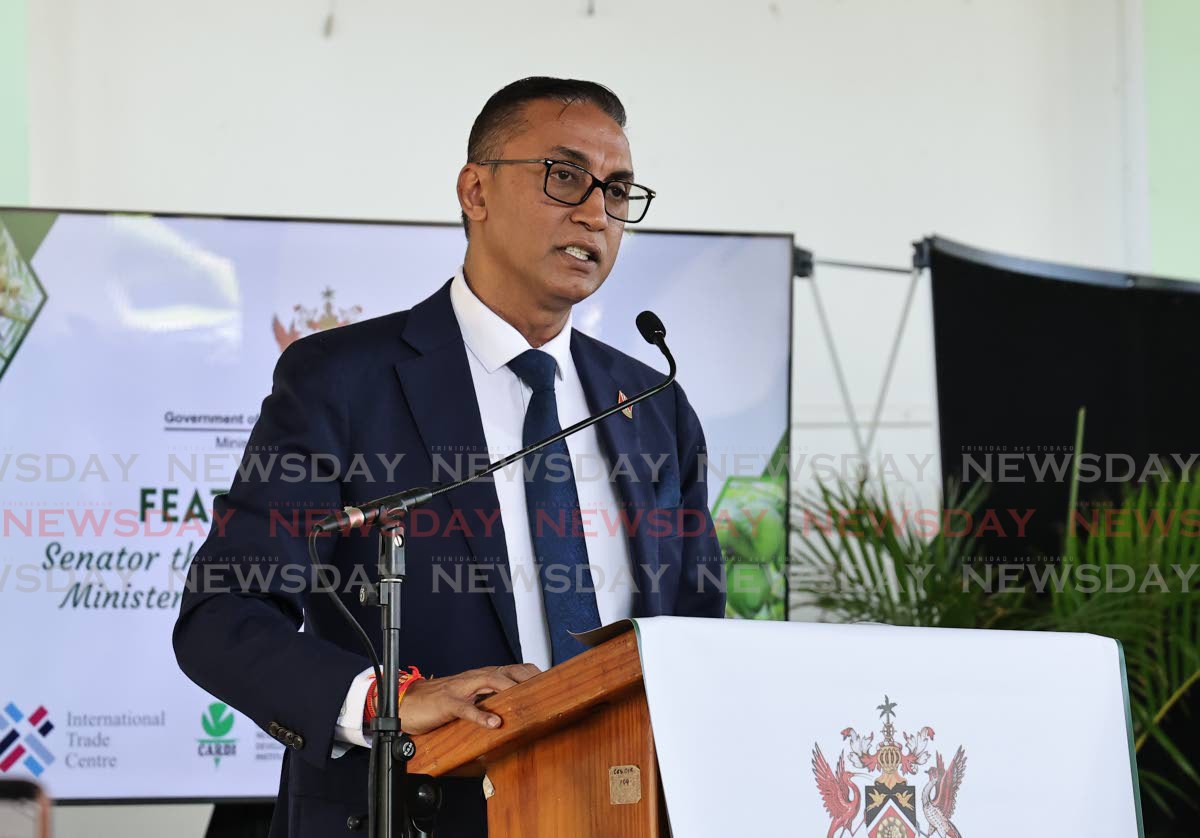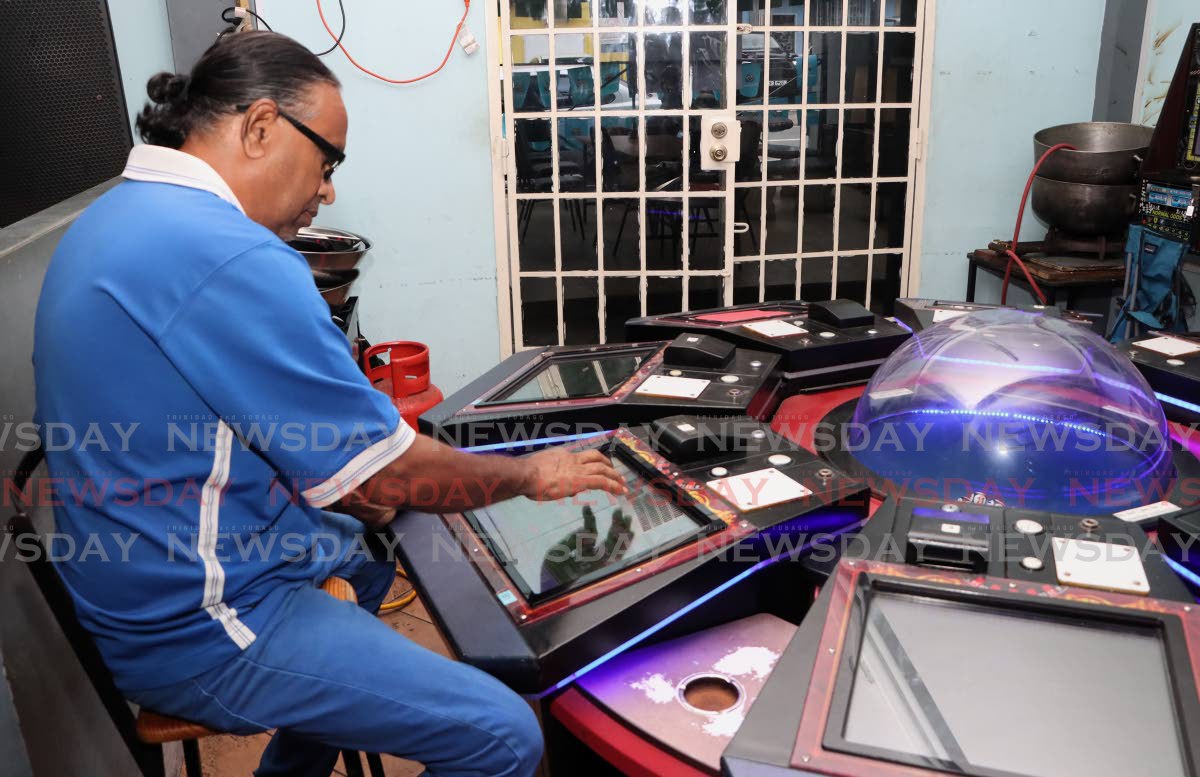The Trinidad and Tobago national cricket teams delivered a spectacular performance on the opening day of the T20 tournament at the 2025 Bolivarian Games in Lima, Peru, on December 4th, securing victories across all matches with exceptional individual displays.
In the women’s competition, the TT squad demonstrated formidable prowess with two commanding wins. Their opening match against Jamaica concluded with a comfortable seven-wicket victory, largely attributed to veteran off-spinner Anisa Mohammed’s brilliant 4/12 bowling figures across four overs. The rising talent Samara Ramnath provided crucial support with 2/14, restricting Jamaica to a modest 77/6 despite West Indies batter Rashada Williams’ resilient 47 not out from 61 deliveries.
The women’s team continued their dominance with a staggering 108-run triumph over Barbados. Opener Shunelle Sawh anchored the innings with a solid 46 off 45 balls, supported by valuable contributions from Britney Cooper (25 not out), Shania Abdool (23), and Djenaba Joseph (22). Barbados’ batting lineup collapsed dramatically against TT’s bowling attack, particularly spinner Karishma Ramharack who recorded impressive figures of 3/3, limiting Barbados to just 38/9.
The men’s team mirrored this success with equally impressive performances. They decimated host nation Peru by nine wickets, with spinner Damion Joachim producing a masterclass performance of 4/3 including two maiden overs. Opening batsman Kamil Pooran unleashed a devastating assault, hammering 54 not out from just 19 deliveries with four boundaries and five sixes, guiding TT to victory in merely 5.3 overs.
Completing their perfect day, the men’s team secured a second victory against Jamaica by six wickets. Pacer Shaaron Lewis led the bowling attack with 3/13, while Leonardo Julien’s unbeaten 60 from 41 deliveries ensured a comfortable chase of Jamaica’s 133/8 total.
The tournament continues on December 5th with TT positioned as early favorites following their comprehensive opening-day dominance.




![[UPDATED] Hislop on cancer diagnosis: Testing saves lives](https://wp.caribscopeonline.com/wp-content/uploads/2025/12/9a77cb4cdb2a41ca49872422c761b0c3.jpg)




